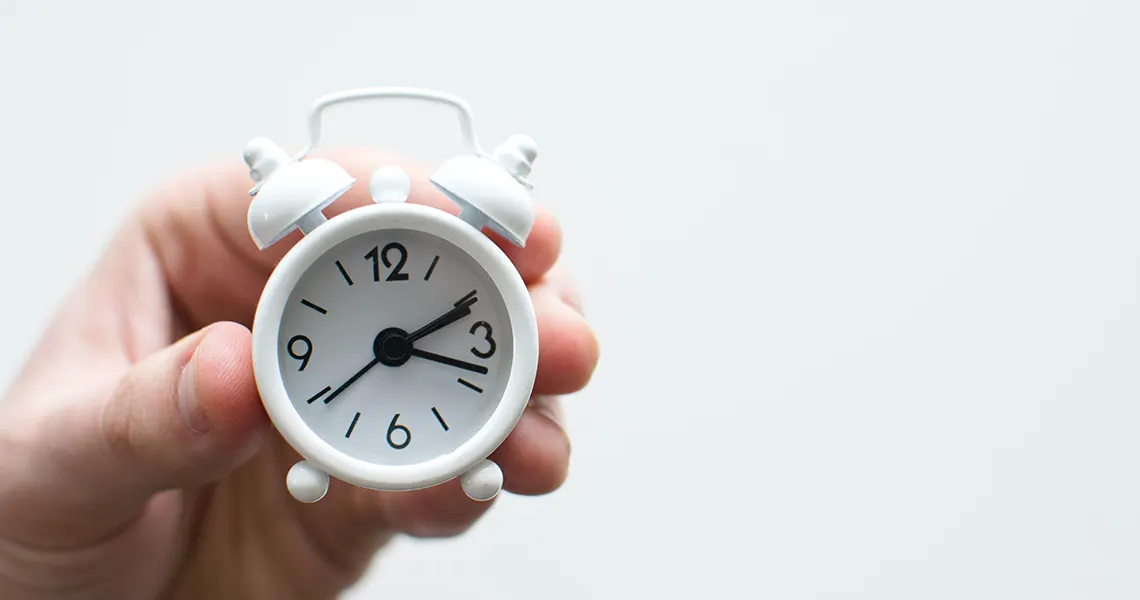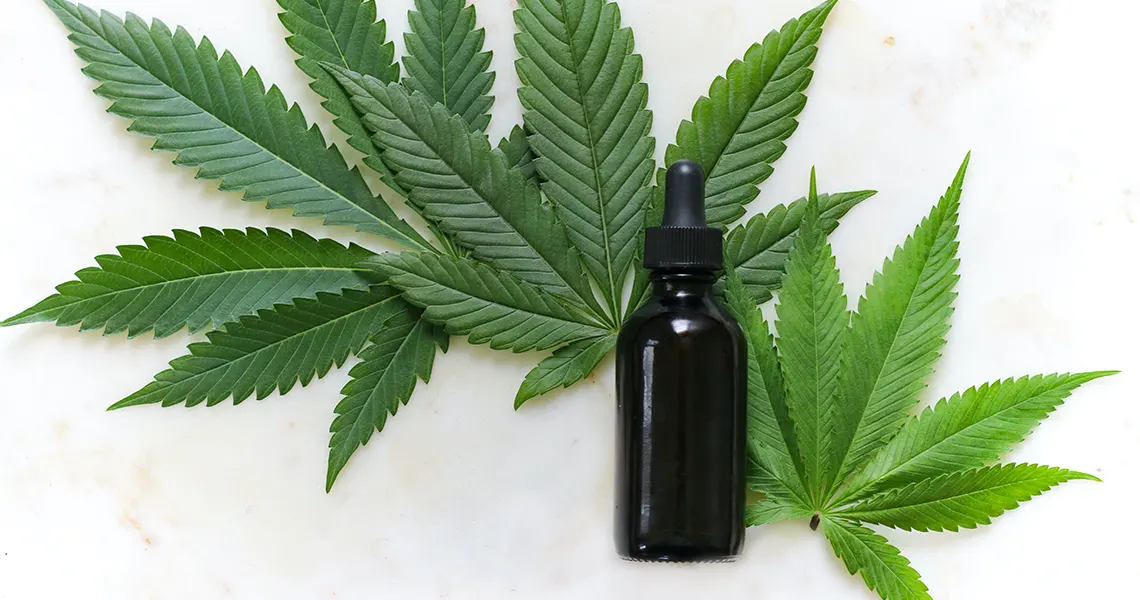
How long does it take CBD oil to affect you?
CBD treatments are as popular as they are mysterious. Sure, science has identified various potential therapeutic benefits. On the other hand, there really hasn’t been that much study done on the subject. There are just too many avenues to explore to have conclusive information on everything.
Crucially, CBD is used to treat symptoms, not overarching conditions.
Anyone considering this treatment will want to know how long it takes to work and how long its effects last. It’s also important to understand exactly what CBD is, how it works in the body, what kind of products are available and how to dose yourself.
There are a few key pointers to keep in mind throughout:
- much of the scientific research on CBD contradicts
- CBD can induce several uncomfortable side effects
- most CBD products contain THC, a psychoactive substance
- the safest way to consume CBD is by covering every angle with your doctor first.
Remember that CBD is not going to suit everyone or be effective for treating every condition. Chances are there are several more well-understood treatments and medications for whatever is ailing you.
If you do opt for CBD, this guide should help you understand its effects more clearly.
For starters, what is CBD oil?

The hemp and cannabis plants produce resins that contain over 100 natural compounds. Chief among these are cannabidiol (CBD) and delta-9-tetrahydrocannabinol (THC).
Cannabidiol is:
- extracted from the leaves, stalks and stems of the hemp plant
- prescribed by doctors for its potential medical benefits
- a non-psychoactive substance.
Delta-9-tetrahydrocannabinol is:
- taken from the flowers of hemp
- also considered to have various potential therapeutic advantages
- a psychoactive substance capable of inducing a ‘high.’
Both substances are carefully extracted using the likes of carbon dioxide extraction, ethanol extraction, steam distillation and more. In the case of CBD oils, the cannabidiol extract is paired with a carrier oil such as hemp seed oil and packaged with a dropper for easy administration.
CBD oil can be classified as:
- full-spectrum CBD
- broad-spectrum CBD
- isolate CBD.
The key difference is THC content and, as a result, their taste and aroma. Isolates are a pure cannabidiol extract, while full-spectrum products contain 0.3% THC and broad-spectrum products have the compound in trace amounts.
This is a vital point to discuss with your doctor. While some do experience adverse effects from pure cannabidiol, this is a far more common reaction to THC. However, both are capable of inducing certain uncomfortable side effects.
What are the benefits of CBD oil?

Most research on cannabidiol’s potential medical benefits has bred positive results. The trick is that these benefits seem to stem from a system in our bodies that we don’t fully understand.
Keeping our bodies healthy is a complex balancing act. We consist of numerous complicated systems dependent on each other to function correctly. We call that balance homeostasis. The key apparatus behind this, and the system that CBD engages, is the endocannabinoid system (ECS).
Here’s what we know:
- this system is made up of endocannabinoids, receptors and enzymes
- the ECS produces endocannabinoids to assist with bodily functions
- endocannabinoids bind to CB1 and CB2 receptors in our nervous systems
- the effects of this binding are dependent on where the receptor is located
- enzymes dissolve endocannabinoids once the job is done
- it’s responsible for immune response, digestion, sleep, temperature, memory and more.
Sound a little complicated? Well, it is. Our understanding of the details is lacking, though we know that cannabidiol interacts with the ECS. This bodes well for CBD’s benefits, but nothing is certain.
That said, both CBD and THC have their potential side effects. These include heightened anxiety, nausea, paranoia, vomiting, headaches, dry mouth, appetite changes, amongst other reported side effects.
How long does CBD take to kick in?

Long story short, cannabidiol is generally a fast-acting treatment.
The caveat here is that the time it takes for the effects to kick in and the appropriate dosage will depend on the likes of your:
- age
- height
- weight
- body fat percentage
- condition
For the most part, cannabidiol takes around 15 – 30 minutes to take effect. This will of course be affected by the method of administration you choose. CBD oils work particularly quickly when taken sublingually or under the tongue.
The area is lined with blood vessels that deliver the compound straight to your bloodstream.
Other ways of taking cannabidiol include edibles such as gummies, topical creams, vapes and tinctures. Edibles may take longer to kick in because they need to pass through your digestive system first.
On the other hand, creams only affect the area they’re applied to, whereas vapes aren’t recommended because of the inherent risks.
When it comes to dosing, you’ll want to work with your doctor on that. This, once again, is highly dependent on your individual physiology. Any medical professional would recommend starting with very small doses. For instance, most CBD oils contain between 5 – 15 mg of cannabidiol.
The advantage here is you can carefully gauge the treatment based on how it makes you feel.
How long does it take CBD oil to start working
To summarise, CBD oil takes about 15 – 30 minutes to begin its work. If taken sublingually, the compound will be absorbed by blood vessels under your tongue and delivered to the bloodstream.
Be sure to discuss your dosing routine with a doctor before committing. They’ll need to consider your physical makeup, condition and any other medications you may be on. Just remember that our science still hasn’t offered a clear description of how CBD works are what all its potential benefits and negative side effects may be.
You’ll also need to carefully consider potential THC content and if this portion of the treatment is right for you.
